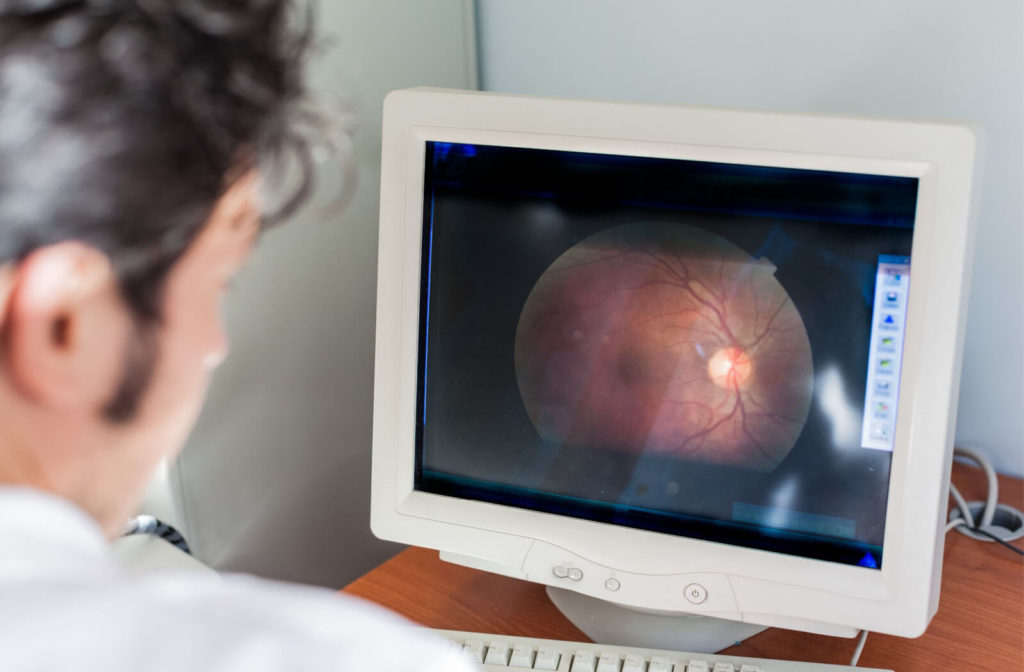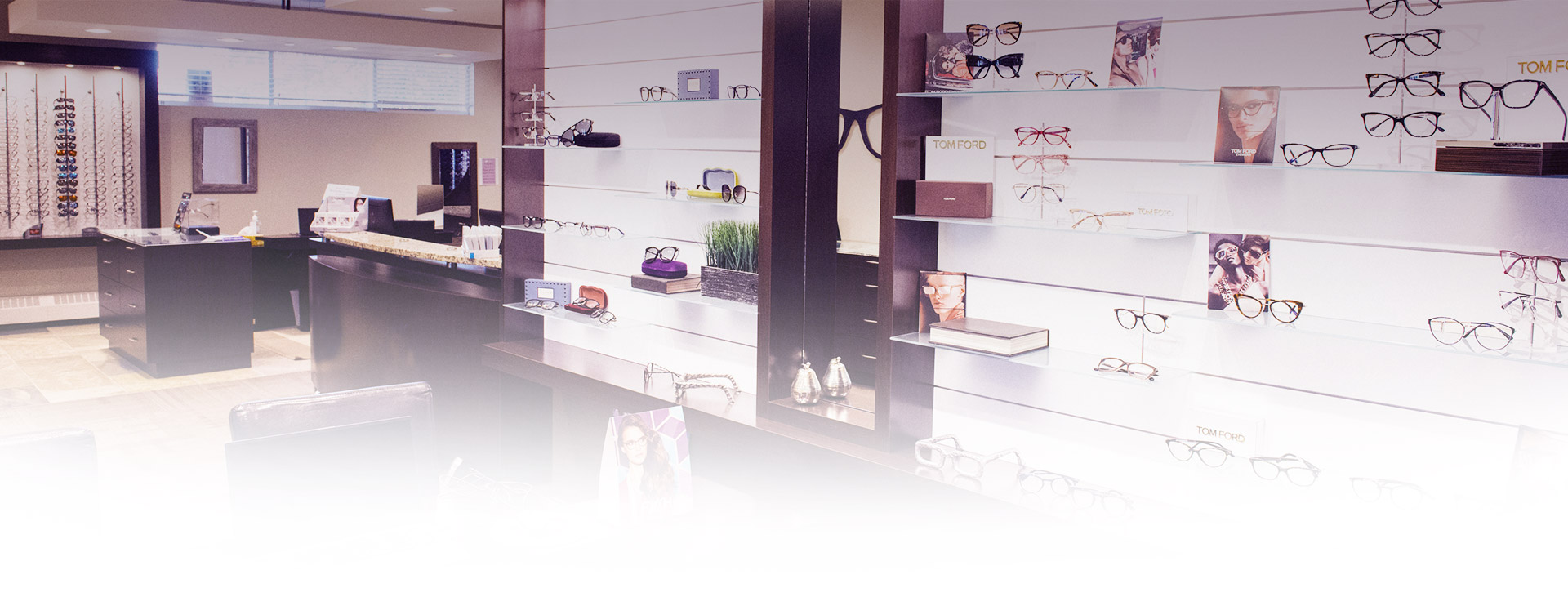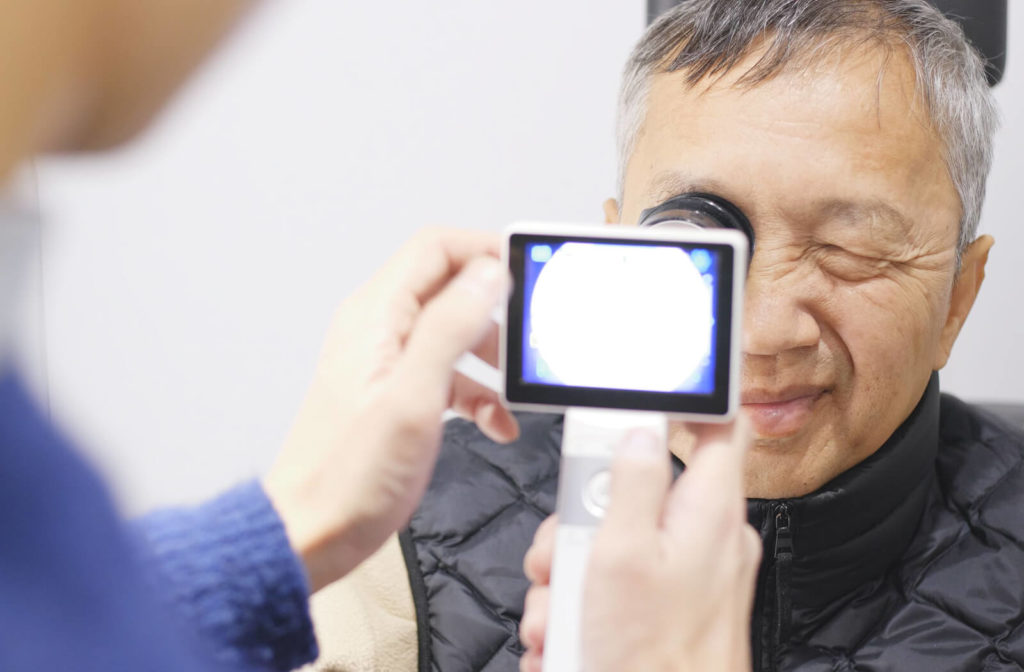Our eyes are often referred to as the windows to our soul, but they’re also intricate organs that allow us to perceive the world around us. The retina, a thin layer of tissue at the back of the eye, plays a crucial role in our sight. It’s important to protect our eyesight with regular trips to the ophthalmologist’s office for eye exams.
Retinal Imaging involves taking images of the retinal blood vessels located inside the eye, providing your doctor with detailed information about the state of your retina. Retinal imaging technology is used to assess the health of the retina and determine any changes that may indicate the presence of a retinal condition.
Understanding the Retina
Before looking into retinal imaging, it’s important to understand the role of the retina in our visual system. The retina is a highly specialized layer of tissue that lines the inner surface of the eye. It contains millions of light-sensitive cells called photoreceptors, which are responsible for capturing light and converting it into electrical signals. These signals are then sent to the brain via the optic nerve, where they are processed and interpreted as visual information.
The retina is not just involved in visual perception; it also serves as a diagnostic tool for various systemic and ocular conditions. Changes in the retina can be indicative of broader health issues, making it a critical area of study for medical professionals.
How Retinal Imaging Works
Retina imaging uses light from special cameras to create a clear image of the retina inside the eye. The patient is required to sit in a chair, and the doctor will place an eye drop called a dilating drop into your eyes. Dilating drops are used to enlarge the pupils, which allows the doctor to visualize the retina easily.
Retinal imaging involves the use of specialized equipment to capture detailed images of the retina. There are several techniques used in retinal imaging, each with its own advantages and applications:
Fundus Photography
Fundus photography is the most common form of retinal imaging. It uses a fundus camera to take high-resolution colour photographs of the retina. These images can reveal abnormalities such as retinal tears, diabetic retinopathy, and macular degeneration.
Optical Coherence Tomography (OCT)
OCT is a noninvasive imaging technique that provides cross-sectional images of the retina. It uses light waves to create detailed, 3D images of the retina’s layers. OCT is especially useful for diagnosing and monitoring conditions like glaucoma and macular edema.
Fluorescein Angiography
The fluorescein angiography imaging technique involves injecting a fluorescent dye into a patient’s bloodstream. As the dye travels through the blood vessels in the retina, a special camera captures images of the dye’s movement. This helps diagnose conditions like diabetic retinopathy and macular degeneration.
The Retinal Imaging Process
During the Process
Your optometrist will dilate your pupils with specialized eye drops and scan your eyes with a laser. The images produced are uploaded to a computer so your doctor can analyze them closely. The entire process takes around 5 minutes.
In special cases, if your optometrist suspects you have a type of macular degeneration, you may need a body-safe dye injected by IV to highlight blood vessels in your eye before the test. This can take up to 30 minutes.
After the Process
After having your pupils dilated, your vision will be blurry for about 4 hours. Following the test, you’ll need to wear dark sunglasses as your eyes will be sensitive to light. Many patients can drive themselves home after dilation, but this can vary.
If you had a macular degeneration test, refrain from wearing contact lenses for a few hours after the test to avoid them getting stained by the dye.

What Can Retinal Imaging Detect?
Retinal imaging is a powerful diagnostic tool that can detect a wide range of eye conditions and provide insights into broader systemic health issues, such as cardiovascular disease and certain autoimmune diseases. Here are some of the conditions and health issues that retinal imaging can detect:
- Diabetic Retinopathy: Early signs of this diabetes-related eye disease can be detected through retinal imaging, allowing for timely intervention to prevent vision loss.
- Age-Related Macular Degeneration (AMD): Retinal imaging can identify signs of AMD, which is a leading cause of vision impairment in older adults.
- Glaucoma: Changes in the optic nerve and retinal nerve fiber layer can be indicative of glaucoma, a condition characterized by increased intraocular pressure and damage to the optic nerve.
- Retinal Detachment: Retinal imaging can reveal tears or detachments in the retina, which require immediate surgical intervention.
- Hypertensive Retinopathy (High Blood Pressure): Changes in the retinal blood vessels, such as narrowing, leakage, or hemorrhages, can be associated with high blood pressure.
- Refractive Errors: Although not a disease, retinal imaging can aid in diagnosing and understanding the causes of refractive errors like myopia (nearsightedness), hyperopia (farsightedness), and astigmatism.
- Infections and Inflammation: Retinal imaging can reveal signs of eye infections, inflammation such as uveitis.
- Multiple Sclerosis (MS): Retinal imaging can reveal changes in the optic nerve that may be associated with multiple sclerosis.
Why Retinal Imaging Is Important
Retinal imaging is crucial because it can detect retinal diseases early when they are most treatable. For many retinal conditions, early detection and treatment can prevent or slow down vision loss. Regular retinal exams can also help monitor and manage existing eye conditions.
- Early Disease Detection: Retinal imaging can detect eye diseases and conditions in their early stages, often before symptoms become apparent. This early detection is crucial for effective treatment and preventing vision loss. Some of these diseases include glaucoma, age-related macular degeneration, retinal damage, retinal detachment, optic atrophy, and papilledema.
- Monitoring Progression: For individuals with chronic eye diseases like glaucoma or age-related macular degeneration, retinal imaging provides a means to monitor disease progression and adjust treatment plans accordingly.
- Research and Education: Retinal images are invaluable for medical research and education. They help doctors and scientists better understand the eye and its diseases, leading to improved treatments and outcomes.
- Systemic Health: Abnormalities in the retina can be indicative of systemic health issues such as diabetes, hypertension, and certain cardiovascular diseases. Detecting these issues early can lead to better overall health management.
- Personalized Medicine: With the advent of advanced retinal imaging techniques, healthcare providers can offer more personalized and precise treatments tailored to an individual’s unique retinal characteristics.
Take Care of Your Vision
Keeping up with your regular eye exam schedule is crucial to maintaining long-term eye health and vision. If you haven’t had a retinal imaging exam recently or are experiencing any vision changes, speak to your eye doctor at Visionary Eye Centre today to schedule an appointment with us online.



